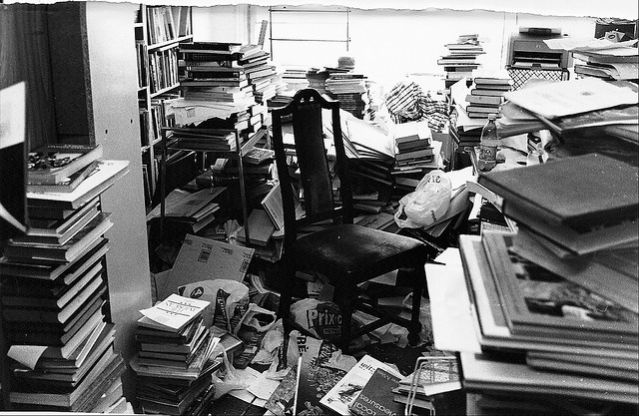Kijun Times
Kijun Times 는 교내 영어잡지,신문 동아리로 다양한 주제에 관한 이슈로 원고를 작성하며 영어 잡지를 만드는 동아리입니다.
매년 잡지 출판뿐만 아니라 자신의 진로와 관련된 개인기사, 모둠기사를 작성함으로써 영어 실력향상은 물론 주제에 제한이 없기 때문에 다양한 진로에 접목 가능합니다.
We are looking for a new journalist for The KIJUN TIMES.
Anyone can be a journalist for The KIJUN TIMES.

The Psychology of Spring Cleaning |
|||||
|---|---|---|---|---|---|
| 이름 | 오인경 | 등록일 | 15.04.05 | 조회수 | 893 |
|
Apr.03.2015  For many of us the onset of spring is a reminder to start our annual spring overhauls – decluttering, organizing, and cleaning. While spring cleaning has the obvious benefits of an organized closet, a sparkling counter top, and possibly more open spaces, more importantly, it has been associated with improved mood, decreased stress, and heightened creativity. Clutter can increase stress by distracting us and overwhelming our senses with extraneous stimuli – toppling piles and unsightly messes as well as associated smells and noises. Piles of papers can indicate that work is endless and that even when we finish what we are working on there is more to be done. If you think you are the only one with a few piles of junk around the house, think again. Most Americans believe that home organization and cleanliness are among their top five stressors. Women specifically have shown to have chronic levels of cortisol, a stress hormone, if they perceive their homes as cluttered. Beyond negative emotional effects, a disorganized space is also associated with less physical activity. On the contrary, organization and order have been associated with choosing to eat more healthily, being more generous, and conventionality. With both the physical and psychological benefits to cleaning and decluttering, why doesn’t everyone do it? Even though many office dwellers believe a clean space will improve their performance, there are certain barriers to getting rid of the junk. The time and energy it takes to decide what you want and to make a plan are often saved for more crucial tasks. Furthermore, many of us would rather spend our few minutes of down time relaxing rather than organizing our file cabinets. Take comfort in knowing that your home and desk do not have to be pristine for optimal living and working. The key is finding what environment is most efficient and productive for you. Studies have also shown that littered environments encourage more littering; once you make your space tidier, you won’t want to ruin your hard work. Several psychologists and cleaning experts report that they see clients who take charge of cleaning and organizing also take charge of their general health, especially their weight . So, while organizing and discarding items might not be enjoyable for everyone – the longer term psychological effects (not to mention more closet space) are reason enough to try a spring cleaning. For more on motivation and psychology, follow Dr. Fader on Twitter and Facebook . Impression : Before I read this article, I have not wondered about psychological reason of cleaning, even on my cleaning. I thought people clean their house simply because of reception of guests. However, this article made my wrong thought changed. It was intersting that organized surroundings by cleaning improves mood, decreases stress and even heightens creativity. Besides, it is said that neat environment improves mission capability. Maybe, it seems that people do a big clean up for those reasons.
|
|||||
| 이전글 | Teacher, student and school |
|---|---|
| 다음글 | Why We Like Sad Music |